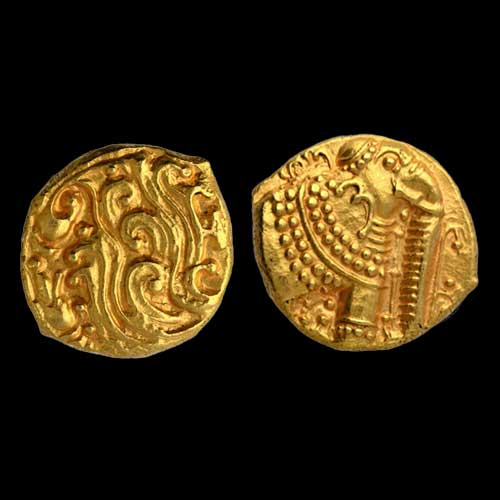Elephants According to Indian Culture
2021-08-12 Thu
Elephants, in general, symbolize the qualities of wisdom, strength, courage, longevity, patience, honor, and stature. This World Elephant Day let’s get acquainted with their varying symbolism across different cultures. Elephants play a recurring theme in Buddhism and Hinduism and are revered according to the qualities they wish to emulate.Hinduism
Lord Ganesha, the elephant god, is the most universally worshiped Hindu deity. He is exalted by devotees and believed to represent “perfect wisdom” and be the “remover of obstacles.” His image graces the entryways of temples and is also found at workplaces. Followers pray to Ganesha before they begin a new venture because they believe he will remove any obstacles to success.
Buddhism
To Buddhists, the elephant represents mental strength. Dharma (the teachings of Buddha) and mediation are important aspects of this religion. The gray elephant symbolizes someone first learning Buddhism whose mind can run wild and wreak havoc at any time. The white elephant signifies a mind under control, which is extremely powerful and can be used to destroy any obstacle.
Indian Mythology
Flying elephants are often depicted in Indian mythology, and the white elephant Airavata is the most highly regarded. He has four tusks and seven trunks and is seen carrying the Hindu god Indra on his back. Airavata is also believed to have the power to produce rain. Indian kings owned elephants and used them in wars.
The given coin is the Gold Gajapati Varaha weighing 3.62 grams. The obverse of the coin has an ornate Elephant standing to right, Sun and Moon above. The reverse has beautiful scrollwork with beautiful flowers.
Image Courtesy: marudhararts.com
Latest News
-
Panchala King Bhanumitra Copper Coin
2024-04-26 FriThe Panchala kingdom was ruled by the Mitra kings. The Mitra kings are known to issue coins and most...
-
Mahatma
2024-04-25 ThuIndia Post issued a commemorative postage stamp on #LalaHansraj, also known as Mahatma Hansraj for�...
-
Berar Mint of Muhammad Akbar
2024-04-25 ThuBerar was a kingdom located in the Deccan region, with Elichpur as its capital. It was one of the Su...
-
Janma Kalnayak of Bhagwan Mahavir
2024-04-24 WedOn 21st April 2024 which was the 2550th Janma Kalnyanak of Bhagwan Mahavir Swami, PM Modi unveile...
-
Gold Pagoda of Vijaynagar Empire King Deva Raya I
2024-04-10 WedKing Deva Raya I of the Vijayanagara Empire was a patron of Kannada literature and architecture. He ...

